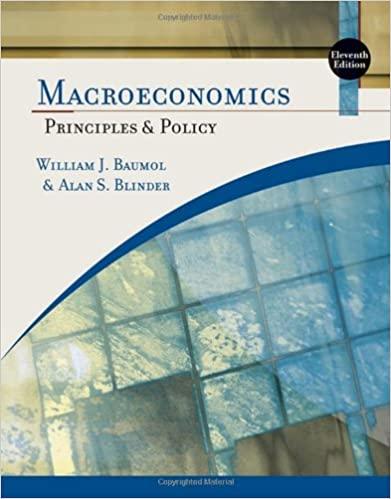Question
Why might PepsiCo's discrimination policies in Russia differ from its programs in the United States? a.Foreign countries have different laws governing business and discrimination. b.Language
Why might PepsiCo's discrimination policies in Russia differ from its programs in the United States?
a.Foreign countries have different laws governing business and discrimination.
b.Language barriers prevent clear communication on discrimination policy.
c.PepsiCo is less worried about discrimination in foreign countries.
d.Multinational corporations seek to exploit workers to the fullest extent possible in developing nations.
Russia's attitudes on minority rights may differ from attitudes in America because:
a.minority groups in Russia don't need legal protections.
b.socialist and communist nations don't recognize differences in class or race.
c.Russia didn't experience the American Civil Rights movement of the 1950s-60s.
d.There are no minority groups in Russia.
Since PepsiCo is a U.S. company doing business in Russia, it is likely that the company's discrimination policies for Russian factory workers reflect:
a.reverse discrimination.
b.principles found in Title VII of the Civil Rights Act of 1964.
c.affirmative action.
d.preferential treatment.
If PepsiCo adopts a more expansive definition of discrimination, company managers will need to evaluate the ultimate outcomes of their policies for various workers. This concept is known as:
a.disparate impact.
b.preferential treatment.
c.strict scrutiny.
d.disparate treatment.
For managers charged with enforcing company policy, PepsiCo's codes of conduct would likely address norms of behavior for:
a.recruiting and hiring practices.
b.regulatory compliance issues.
c.firing practices.
d.all of these
If PepsiCo is successful in implementing an effective discrimination program for its Russian business units, the company can expect to:
a.gain competitive advantages through improved stakeholder relationships.
b.deter unethical behavior.
c.prevent violations of the law.
d.all of these
What trend of the 21st century could bring broad changes to PepsiCo's discrimination policies in the U.S., Russia, and other regions?
a.the proliferation of protected groups within the diversity movement
b.the influx of women in the workplace
c.the focus on workers with disabilities
d.none of these
Which of the following trends in the Russian economy will put increased focus on fairness in hiring?
a.the acceptance of U.S. businesses
b.the rapid expansion of PepsiCo's workforce in Russia due to economic growth
c.the acceptance of modern factory technologies
d.the popularity of snack foods
Step by Step Solution
There are 3 Steps involved in it
Step: 1

Get Instant Access to Expert-Tailored Solutions
See step-by-step solutions with expert insights and AI powered tools for academic success
Step: 2

Step: 3

Ace Your Homework with AI
Get the answers you need in no time with our AI-driven, step-by-step assistance
Get Started


